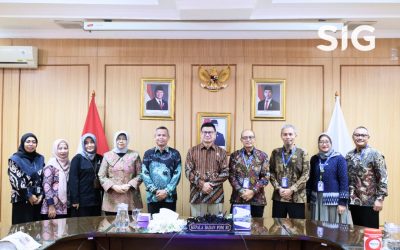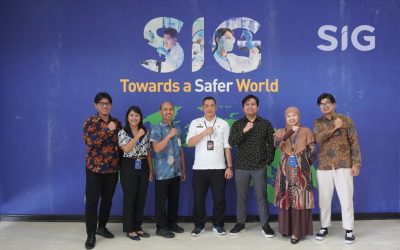Subchronic Toxicity
Toxicity tests on pesticide products are carried out to test for specific adverse effects or endpoints, for example, mortality, cancer, teratogenicity, irritation, etc., on certain target species. Furthermore, toxicity testing helps determine the effective dosage for practical application of the pesticide. In addition, the results of toxicity tests are generally required as supporting data for registration of pesticide products before trading for safety purposes.
In Indonesia, toxicity testing is one of the technical requirements in the registration of pesticide products. This is regulated in the Regulation of the Minister of Agriculture. In this regulation, the toxicity test is divided into three based on the duration of the study, namely the acute toxicity test (±24 hours), subchronic (3 months), and chronic (2 years). Also divided into two based on the study target, namely mammalian toxicity (using rodents as animal models) and the environment (soil and aquatic). However, the need for toxicity testing varies depending on the type of pesticide product proposed.
The subchronic toxicity test referred to in the regulation of pesticide requirements above examines adverse effects, such as carcinogenic, teratogenic, and/or mutagenic, of the product’s active ingredients on model animals after repeated exposure for three months.
How SIG can help
The SIG laboratory can conduct toxicity tests on pesticide product matrices following the provisions stipulated in the regulations as an accredited toxicity testing agency.
Method of Analysis
The toxicity test method refers to the standard method stipulated by the Director-General on behalf of the Minister of Agriculture.
Library of Knowledge
Audience with the Head of BPOM RI, SIG Ready to Support the Improvement of Product Safety & Quality in the Market
Jakarta, February 14, 2025 – SIG successfully held an audience with the Head of the Indonesian Food and Drug Authority (BPOM RI) to strengthen cooperation in monitoring the quality and safety of products, particularly in the food, cosmetics, and pharmaceutical...
Greater Jakarta Agricultural Quarantine Center for Animals, Fish, and Plants Supported by SIG in Ensuring Food Protection and Security by Showcasing Laboratory Capabilities and Capacity
Bogor, February 14, 2025 – SIG proudly welcomed a visit from the Greater Jakarta Agricultural Quarantine Center for Animals, Fish, and Plants (BBKHIT DKI Jakarta). The purpose of this visit was to present SIG’s capabilities and competencies as an SNI ISO...
Healthy Lifestyle and a Proportional Body: Understanding Foods, Supplements, and Substances That Can Be Tested in the Laboratory
A healthy lifestyle and a well-proportioned body are becoming increasingly popular in modern society. Awareness of the importance of a balanced diet, exercise, and the consumption of supportive supplements is on the rise. But do all the foods and supplements we...
SIG Laboratory
Graha SIG, Jl Rasamala No. 20, Taman Yasmin, Bogor, Jawa Barat 16113.
Phone. +62 251 7532 348
WhatsApp. +62 82 111 516 516
Email. marketing@siglaboratory.co.id
SIG Jakarta
Jl. Percetakan Negara No. 52 B RT 006 / RW 001, Rawasari, Cempaka Putih, Jakarta Pusat 10570.
Phone. +62 21 2147 9292
SIG Medan
Jl. Bunga Asoka, Ruko Komp. Asoka Raya Residance No. 1, Medan Selayang, Sumatera Utara 20133,
WhatsApp. +62 822 7207 9665
Email. salesmedan.sig@saraswanti.com
SIG Semarang
Jl. Kanfer Raya Blok R No. 4 Pedalangan, Kec. Banyumanik, Kota Semarang, Jawa Tengah 50268.
Phone. +62 24 7004 0541
WhatsApp. +62 812 9000 5165
Email. cs.sigsmg@saraswanti.com
SIG Yogyakarta
WhatsApp. +62 896 4856 9422
Email. arifin.sig@saraswanti.com
Operational Hours
Monday to Friday
08.00 - 17.00 WIB.


FOLLOW US



